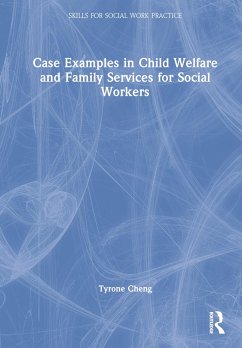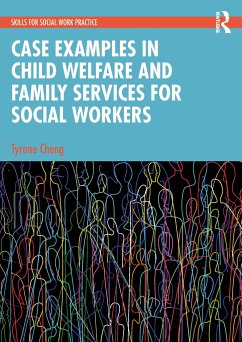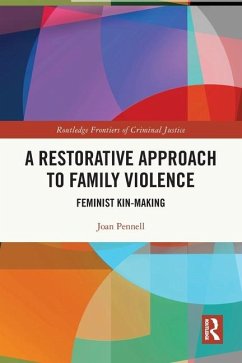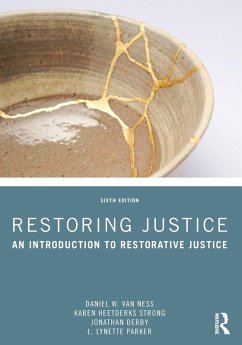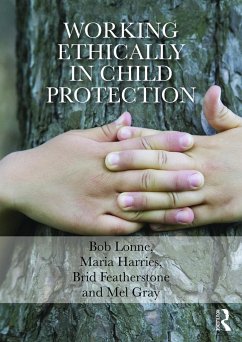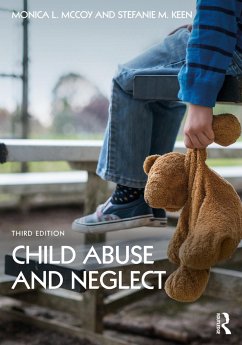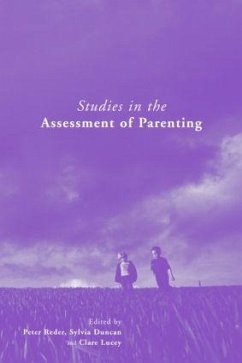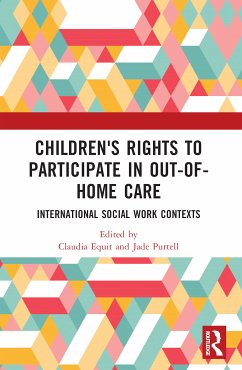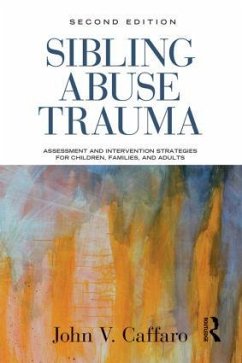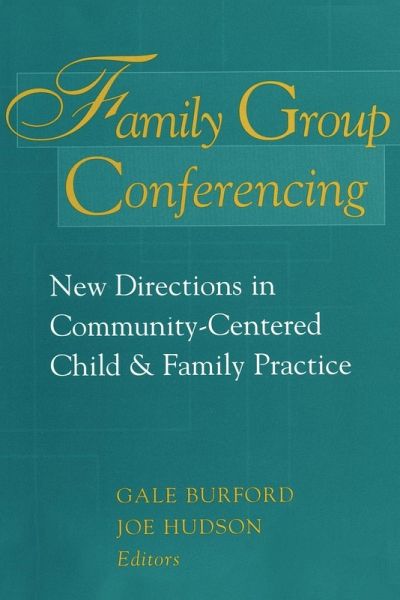
Family Group Conferencing
New Directions in Community-Centered Child and Family Practice
Mitwirkender: Hudson, Joe; Burford, Gale
Versandkostenfrei!
Versandfertig in 1-2 Wochen
62,99 €
inkl. MwSt.
Weitere Ausgaben:

PAYBACK Punkte
31 °P sammeln!
Family Group Conferencing indicates a large-scale shift in assumptions about the way child welfare services are planned and delivered - away from models that emphasize pathology, and toward those seeking an ecological understanding of the families and social networks involved. The contributors also present a wealth of information on related approaches, such as community conferences, circles, and wraparound services. The British Journal of Social Work noted that 'there are issues relating to both process and outcome. This book offers some answers that are intelligent and passionate.'





